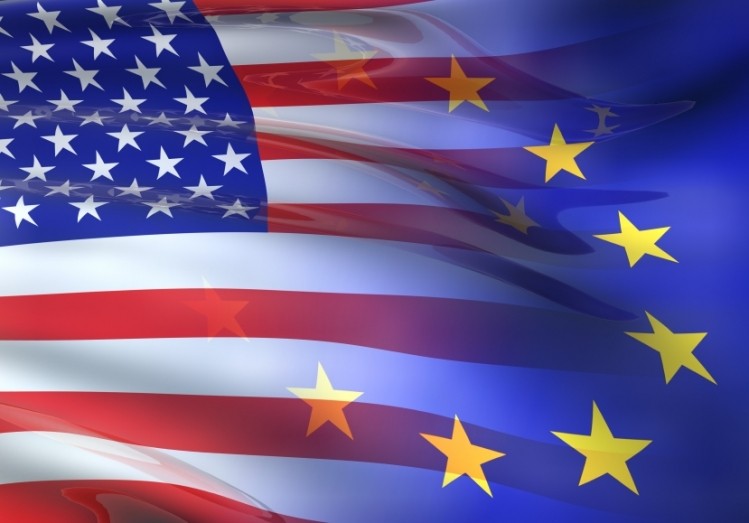FDA should copy EFSA for health claims, says Scientific American

In the most recent issue of the magazine, an editorial entitled “Snake oil in the supermarket” states that consumers are currently getting a “rotten deal” with regards functional foods.
“Although health claims for foods may appear to be authoritative, in many cases science does not support them and the government does not endorse them,” state the authors. “Not only do these products, many of which are nutritionally bereft, fail to deliver on their promises, but they may also give consumers a false sense of security that discourages them from taking more effective measures to attain wellness, such as exercise or medication.”
The editors do note the warning letters sent to 17 food and beverage manufacturers in March, and describe this as an “unusually expansive crackdown for the agency”. Only this week FDA issued a warning letter to Unilever for health claims related to cholesterol reduction on its Lipton Green Tea 100 percent Naturally Decaffeinated product.
“Holding health claims for food to the same scientific standards as those for drugs—and requiring manufacturers to convince the FDA of alleged benefits before releasing products for sale—would result in far fewer health claims on packaged foods, if recent developments in Europe are any indication,” wrote the editors. “In 2006 Europe began holding food makers to rigorous scientific standards. Since then, the European Food Safety Authority has rejected, on the basis of insufficient evidence, a whopping 80 percent of the more than 900 claims they have assessed thus far.”
Dannon versus Danone
To show the differences between the FDA and EFSA approaches, the editors look to Danone/Dannon. According to the Scientific American article, US visitors to the Activia website “prominently displays the product’s putative health benefits, asserting that it can ‘help regulate your digestive system by helping reduce long intestinal transit time’.”
“The UK version, on the other hand, says only that the yogurt contains an exclusive bacterial culture and, like other yogurts, is a source of calcium and vitamin B12,” they add.
Lame arguments
To conclude, the editors state: “Industry representatives complain that having to prove claims about the health benefits of food would cost too much and take too long. It’s a lame argument. The nation is currently engaged in a struggle against skyrocketing rates of obesity and other diet-related diseases that are among the leading causes of death in the U.S. In this context, unsubstantiated health claims on processed foods are a harmful abuse of science that we should not tolerate.”








